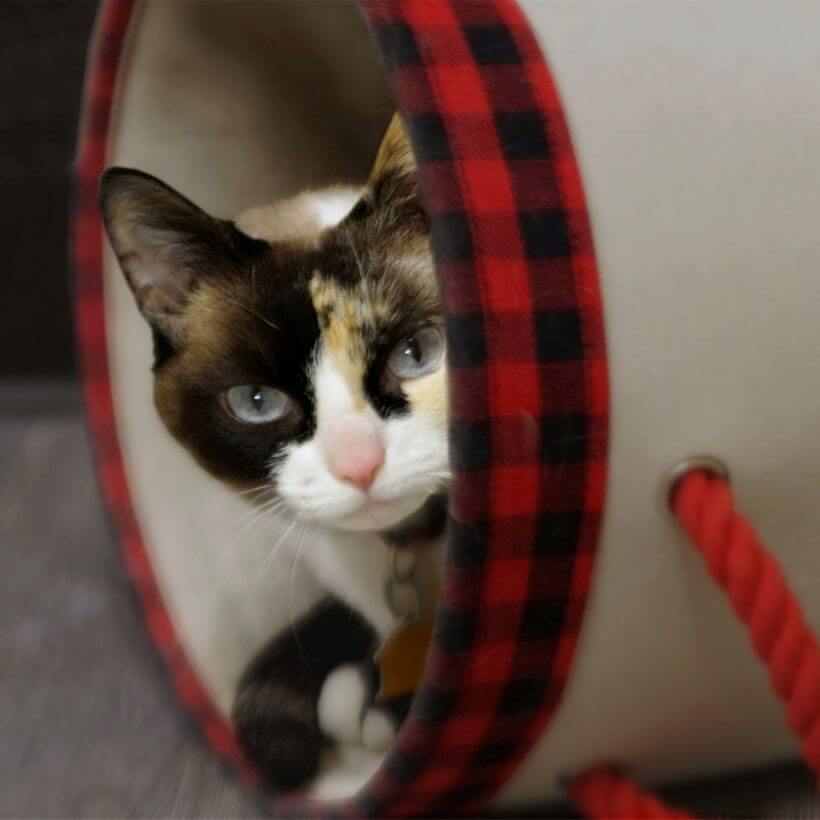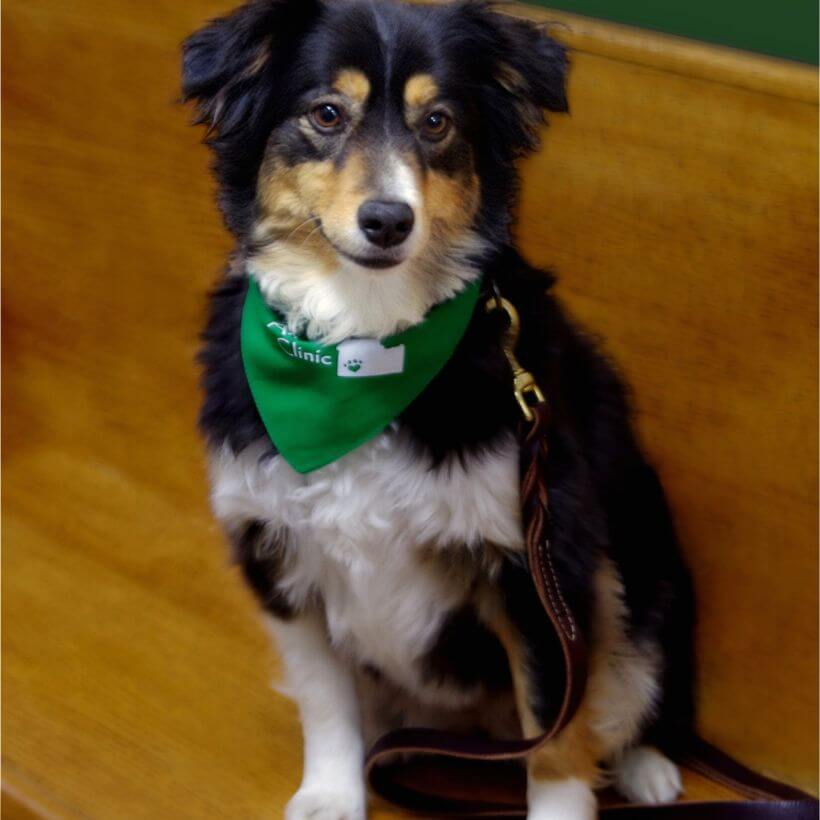When should a pet be spayed or neutered?
Our team of veterinarians recommend spaying or neutering by one year of age to prevent unwanted pregnancies and reduce the risk of other health problems. Of course, there are exceptions to that rule, and our veterinarians will have an open discussion with you to decide on the best time to spay or neuter your dog or cat.

Why is this crucial?
In roughly 50% of dogs and 90% of cats, spaying your pet at a young age provides the best defence against diseases including uterine infections and malignant or cancerous breast tumours. Testicular cancer and several prostate conditions can be avoided by neutering your male partner.
Additional advantages include:
- Once spayed, your female pet will no longer experience heat cycles.
- After surgery, your male pet might behave better.
- Due to the fact that unneutered dogs will do anything to find a mate, your male dog will be less likely to run away from home.
What takes place before the procedure?
Our doctor will evaluate your pet’s health prior to spaying or neutering to make sure it is sufficient to withstand a surgical operation. An appointment will be set for the procedure if your pet is in good health. Your pet must stay at our hospital during the procedure.
Before the scheduled surgery, our staff will inform you of any restrictions on the consumption of food and liquids so you can get your cat or dog ready to fast before the scheduled procedure.


What happens following the procedure?
Your pet will require a quiet area to rest after being altered. Due to the anaesthetic they received during the surgery, he or she might not want to eat or drink anything straight away. Make sure to regularly examine your pet’s incision and let your veterinarian know if there are any issues so they can act promptly as necessary.
A protective cone collar or surgical suit, must be worn by your pet to stop them from licking the wound site. We occasionally send home sedatives for our more boisterous animals.

